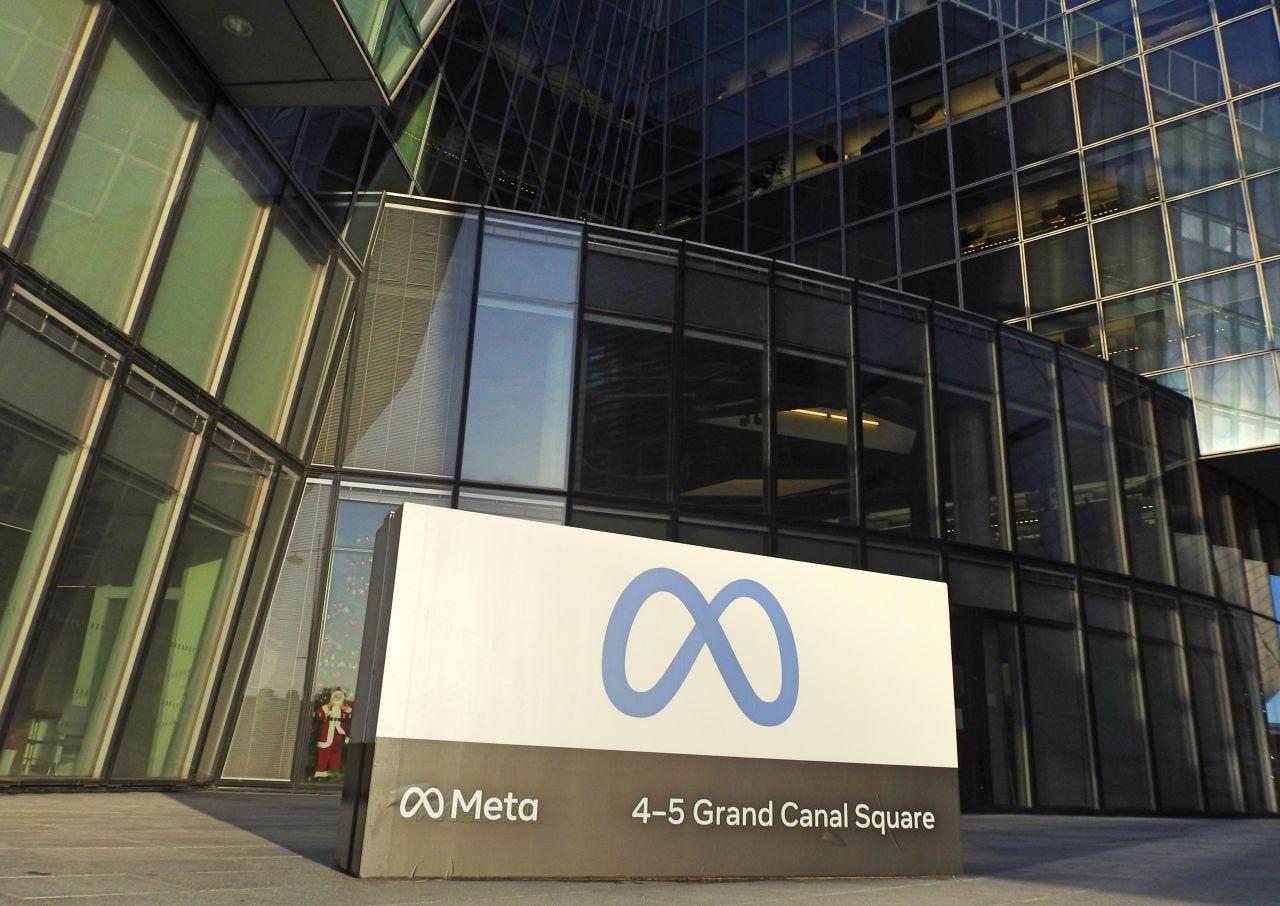Meta’s DreamGym framework trains AI agents in a simulated world to cut reinforcement learning costs
PositiveArtificial Intelligence

- Meta, in collaboration with the University of Chicago and UC Berkeley, has introduced DreamGym, a framework designed to optimize reinforcement learning training for AI agents by simulating environments and dynamically adjusting task difficulty.
- This development is significant for Meta as it addresses the challenges of high costs and infrastructure complexity in AI training, potentially leading to more efficient and scalable AI solutions.
- The introduction of DreamGym reflects a broader trend in AI research towards creating more cost-effective and adaptable training methods, paralleling advancements in visual intelligence models like SAM 3, which are also being applied in diverse fields such as wildlife conservation.
— via World Pulse Now AI Editorial System




